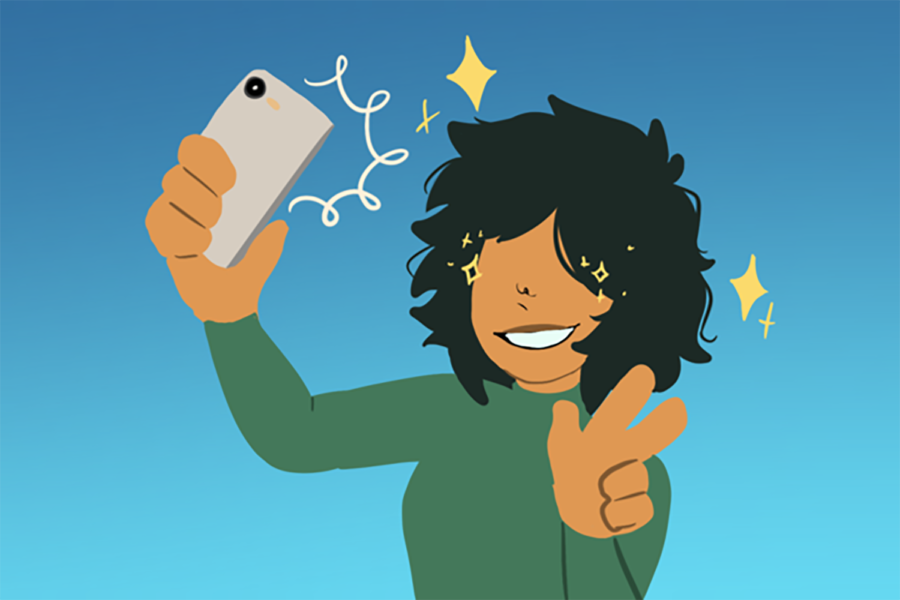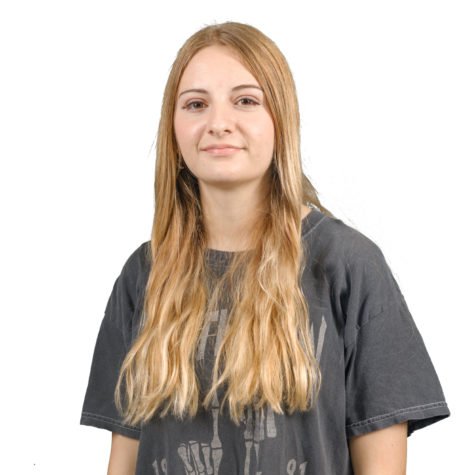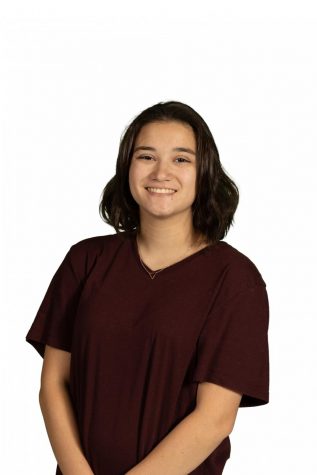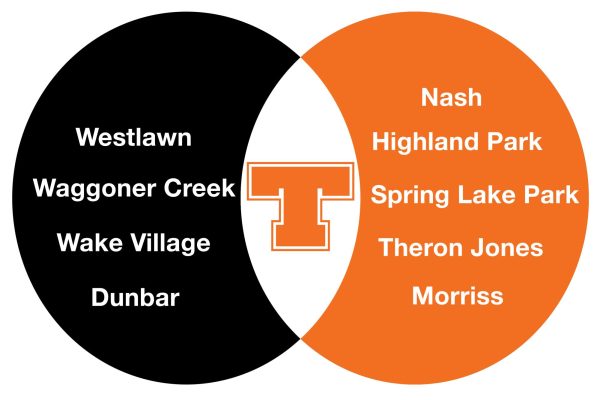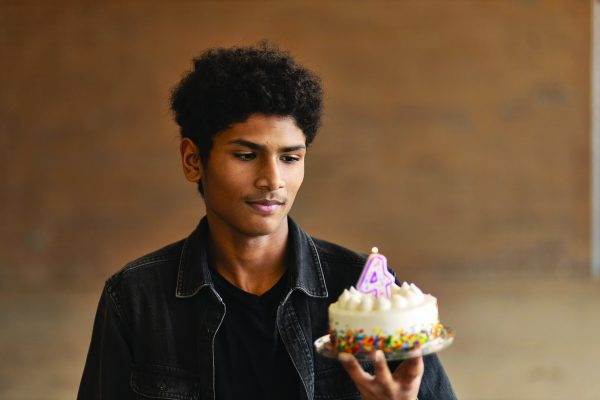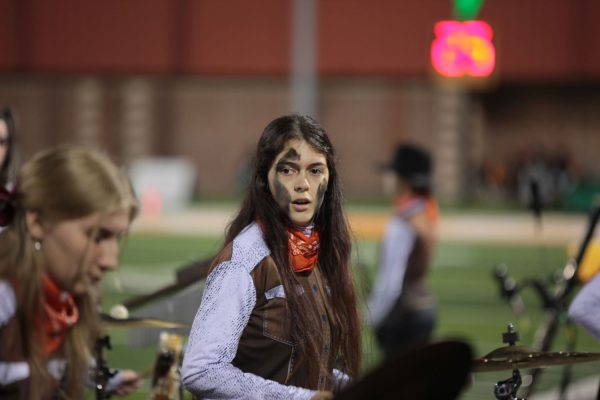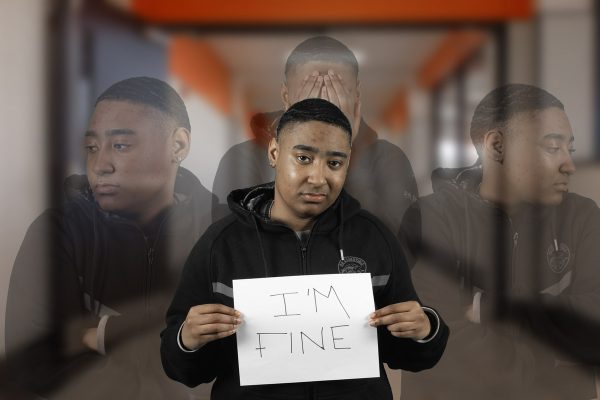The world in filters
Beauty filters on social media distort reality
graphic
April 20, 2022
The more I scroll through my Instagram feed, the more I notice Snapchat filters, edited backgrounds with stars and galaxies and my friends looking like complete strangers.
The world has become so fake, whether it’s to impress others or hide their own insecurities behind a screen.
So many teenagers are judged just by how they pose or look; it’s no wonder they have incorporated editing of some sort into their feed. The most popular apps on the Apple App Store, Snapchat and TIkTok, encourage editing and filters. Snapchat’s concept is to use its filters and share them with your friends, and TikTok encourages editing your videos to make your dances look better.
My parents have always been quick to judge social media because of the “dangers,” but one big idea they are missing is the vulnerability behind it all. When I post a picture and think about who could see it, whether it’s a crush or arch enemy, I want to make the picture look as good as possible even if it means changing how I look, because nobody wants to be made fun of for things they can’t change about themselves. Even though nobody is perfect, we act like we are supposed to be so we can fit in with the people we think are “beautiful,” “handsome” and “perfect.”
Out of the few students I talked to, a majority of them agreed that filters are unnecessary.
There’s nothing wrong with using them, however they just make a fake version of yourself that people will seek out eventually.
It’s easy to fall into constantly using filters when they’re all over our social media. Their purpose is to make you look better, but especially in today’s society, people will voice their opinions no matter what you do. Some filters can make others look ridiculously fake, and they don’t realize it until they’re being made fun of for trying to hide what they really look like.


